Originally, just one trip was planned to help build ECG in Japan, in early 2025. But spontaneously, a second opportunity popped up: I was invited to give a keynote lecture at the inauguration event of the new Global Risk Center at Nagasaki University. An economy that does not include the health and stability of ecosystems, social cohesion, democracy, and human rights, is a major risk to mankind. In my keynote, I proposed an Economy for the Common Good to overcome this risk:
→ Keynote lecture at Nagasaki University
As a whole series of side events was also scheduled – exchange with students from Globis University, meetings with representatives of the peace movement that received the Nobel Peace Prize in 2024 for its engagement for nuclear disarmament and the abolition of nuclear weapons; a high profile media interview and a visit of the atomic bomb museum in Nagasaki – I could not resist this invitation. (I had already given an online lecture for Osaka University earlier in 2024.) On top, this first visit included a run to a lonely beach in the winter time which was a “highlight” of this first round.
My 2nd travel in early February 2025, this time to Tokyo, was composed by a multiple set of different formats – for all relevant stakeholders of the young ECG movement in Japan. To me, the “composition” made total sense, and I enjoyed one element more than the other:
→ Overview activities 2025 visit
The first format was a meeting with Japanese ECG members. About 25 members showed up and arranged in a circle. This „circular meeting“ was connecting, touching, and heart-warming. The array of questions formed a colourful rainbow, from: „How does sensing work?“ to “How do you deal with resistance?” It was a profound and humane check-in, and it was more than obvious that the ECG circle has already started widening.
The second event was a public presentation of the model and movement. The stage was perfectly set by the ECG Japan team, and close to 80 participants on site were a proof of lively interest, another 30 watched online. I started my presentation with an interaction on „relational values“, which worked out beautifully. My input was followed by a panel with three eminent speakers: Ichiro Takahashi, President of The Seibu Shinkin Bank; Yasutoshi Tashima, Japan Workers’ Co-operative Union executive director and Kenichi Kato, Mayor of Odawara City. Feedback was overwhelming, everybody was „shining“ afterwards.
Between the main events, there was another media interview with a TV journalist. Meanwhile, the December interview had been published in several regional newspapers, e. g. in Kyoto.
Another highlight was the second exchange with students from Globis University, supervised by Prof. Naoyuki Honmura. They were really engaged with the concept of “human dignity” and eager to dive very deep. It was a veritable colloquium in philosophy and ethics that could have gone on for days!
Finally, the public workshop for appliers was a crucial test for the young Japanese ECG movement: Will there be a meaningful resonance in Japan’s society? The team managed to invite an impressive number of entrepreneurs and representatives from diverse sectors and to engage them in concentrated group work. Everybody was fully present, many left with a smile and the book. In short: mission accomplished! In addition, quite some joined the dinner party. I am sure this will lead to relevant ECG pioneers in the country, new contacts and stronger momentum for the movement.
A frequent feedback from many people was that the ECG-like values are deeply rooted in Japan’s culture and ethical tradition. Thanks to this observation, I have the hope that Japan will make its way in between American corporate capitalist system and China-style socialism. One participant said: The Economy for the Common Good was always in my heart, but I was not aware of it. Now I am.
→ ECG Japan
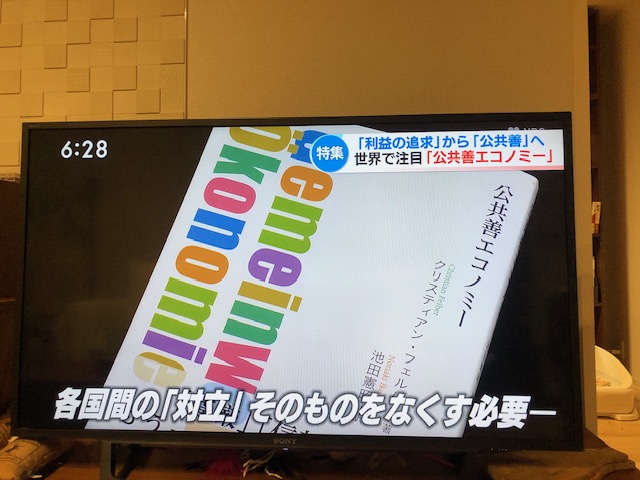
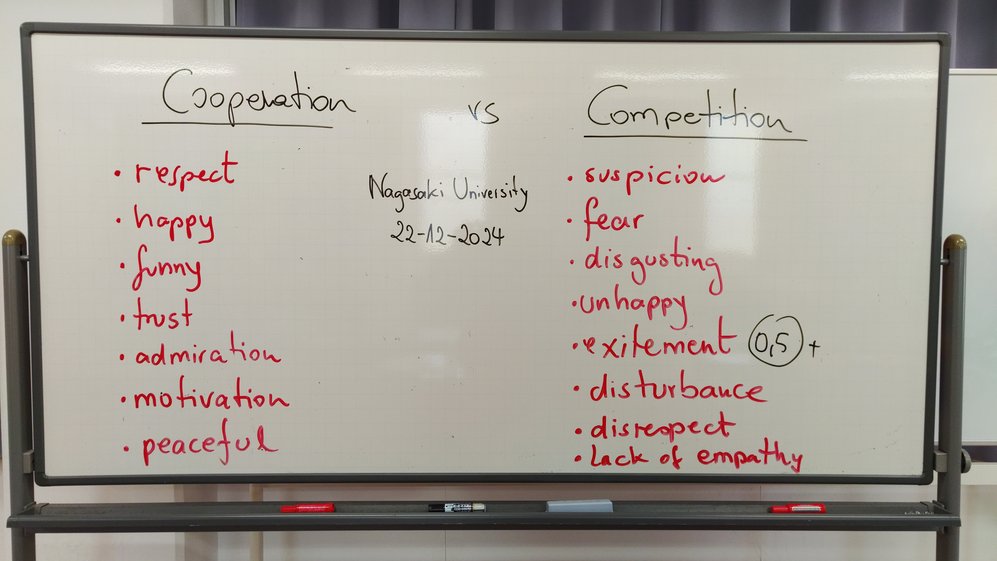
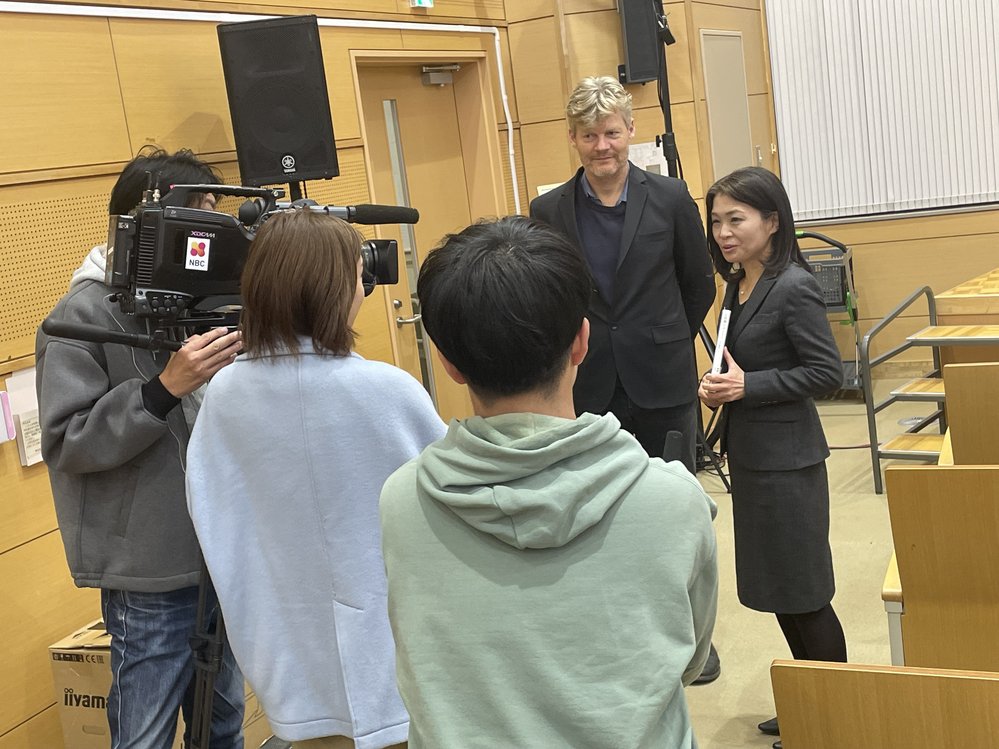
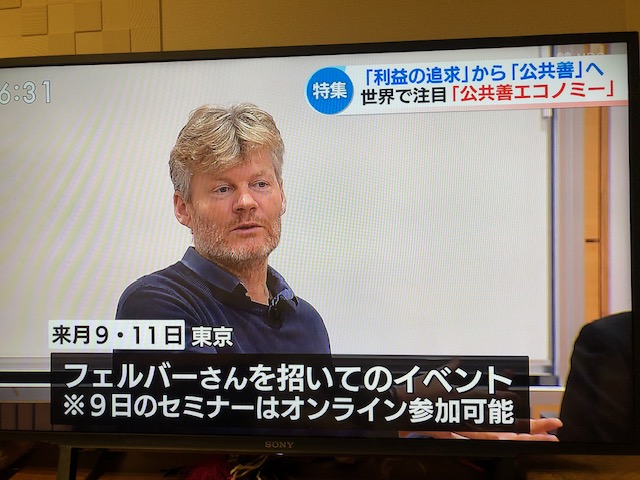
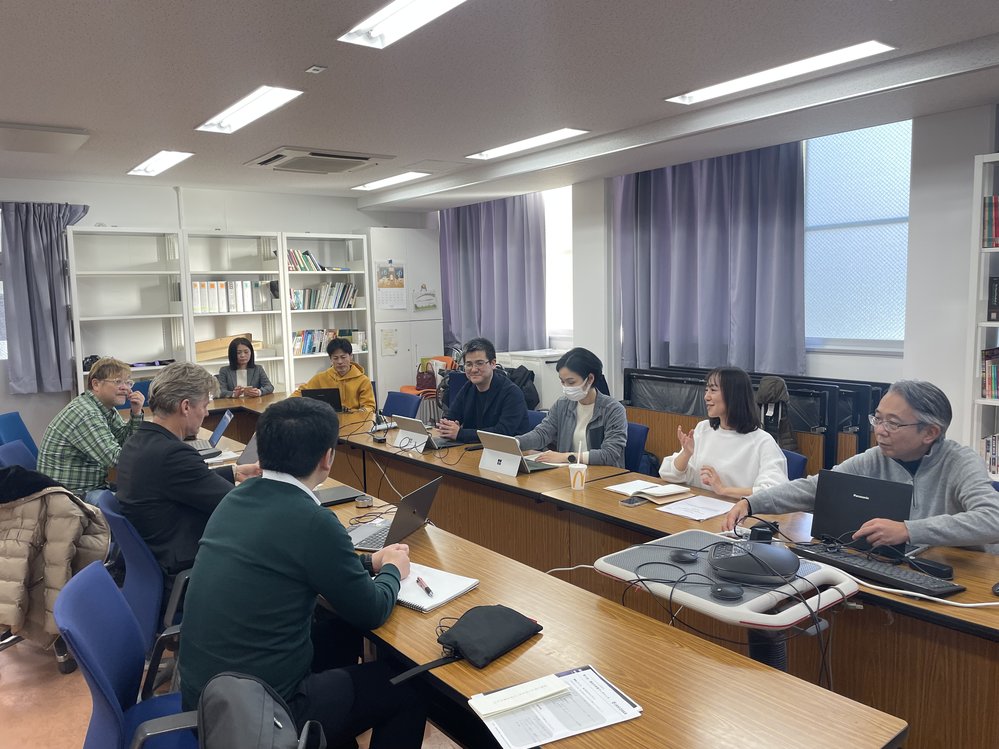
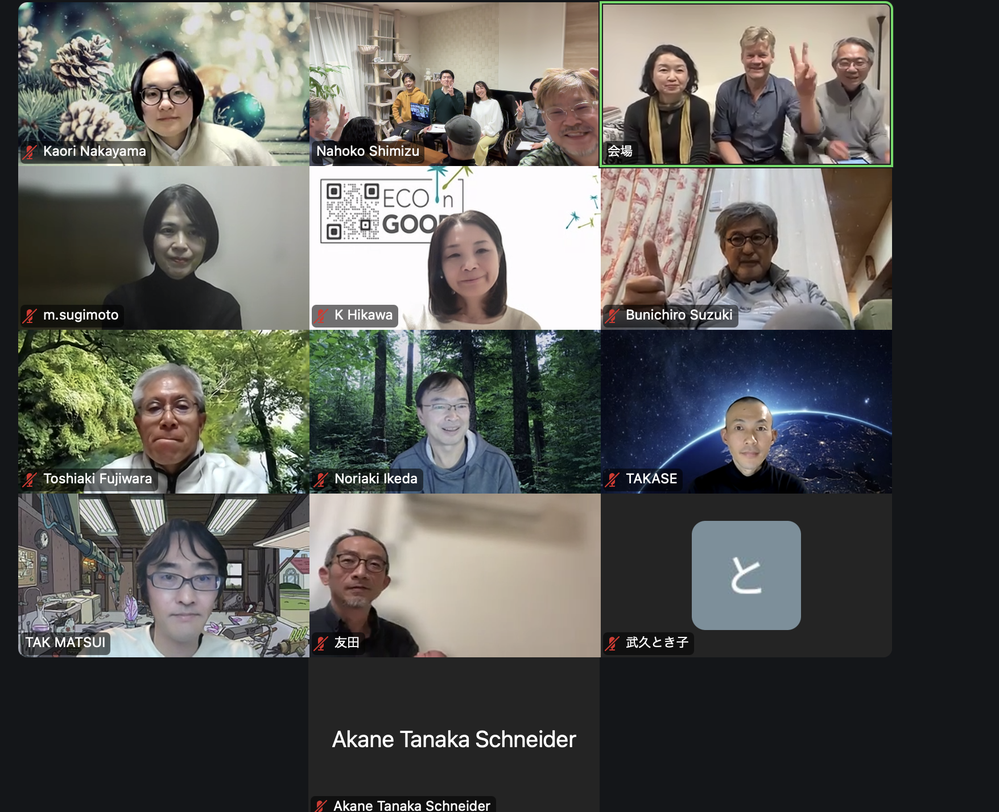
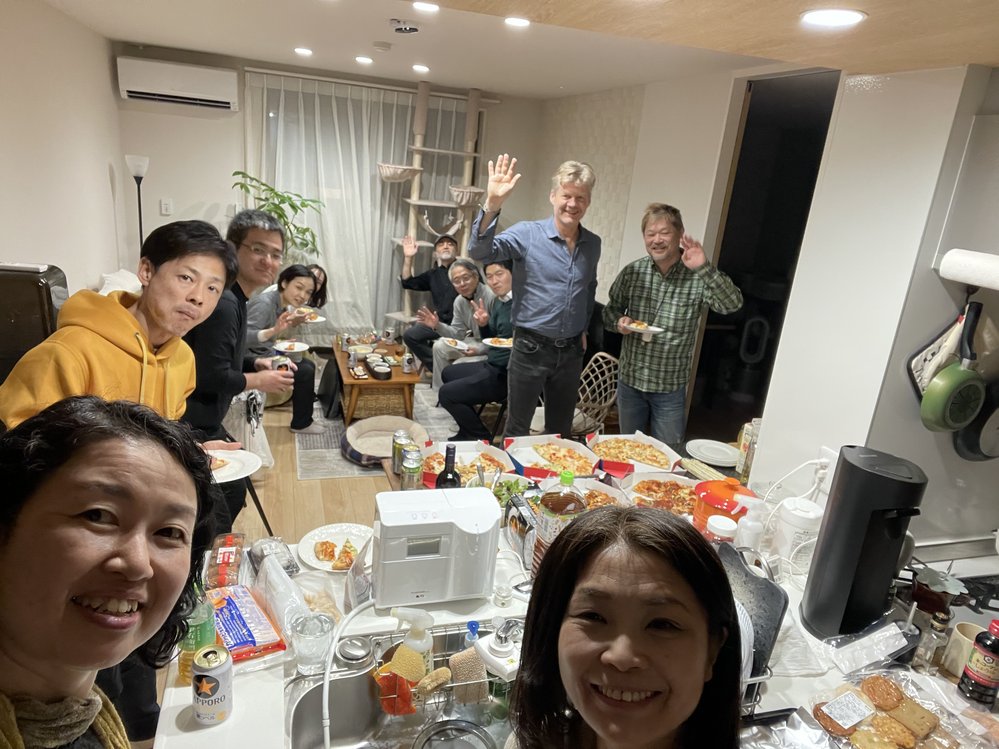
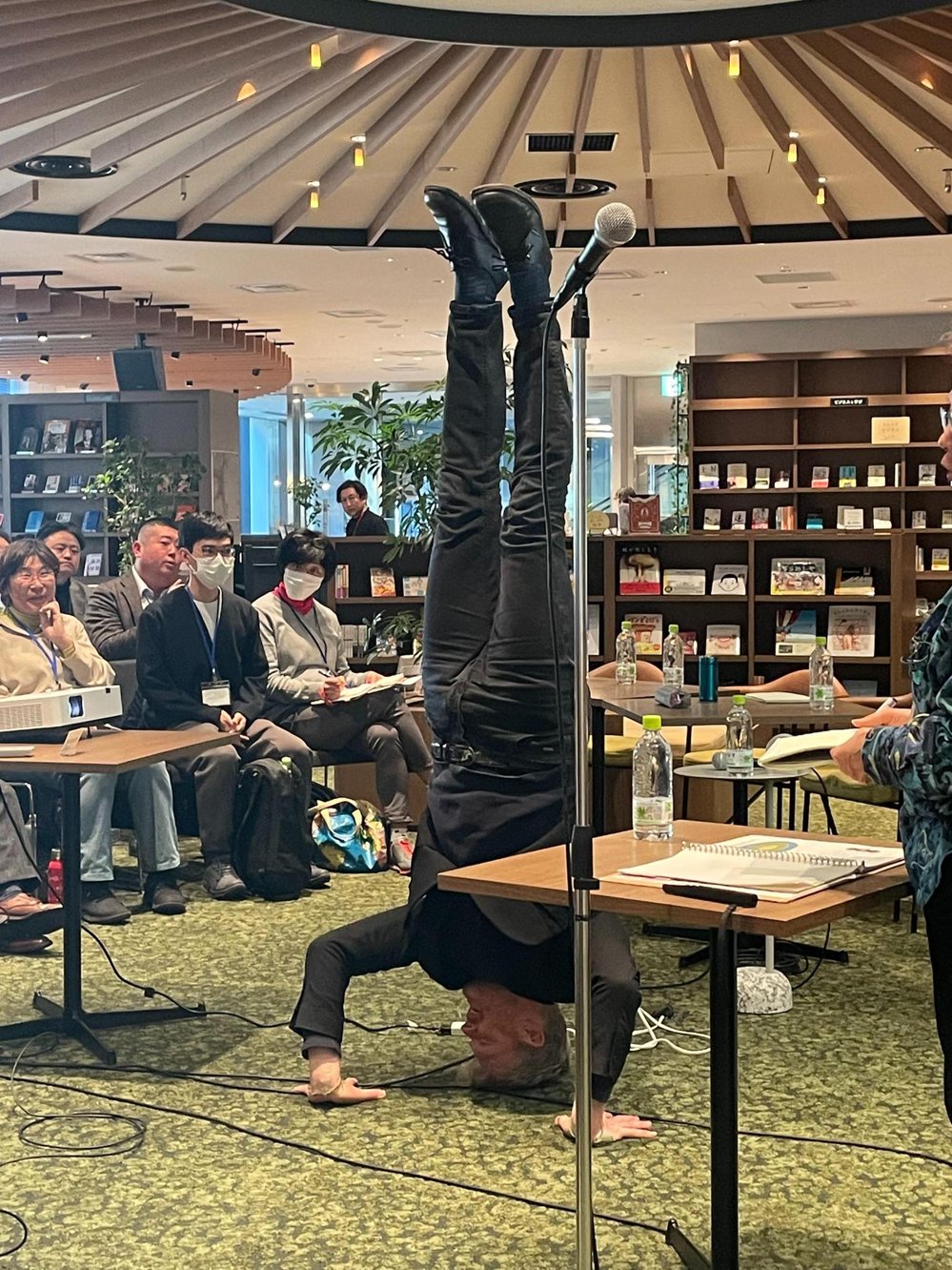
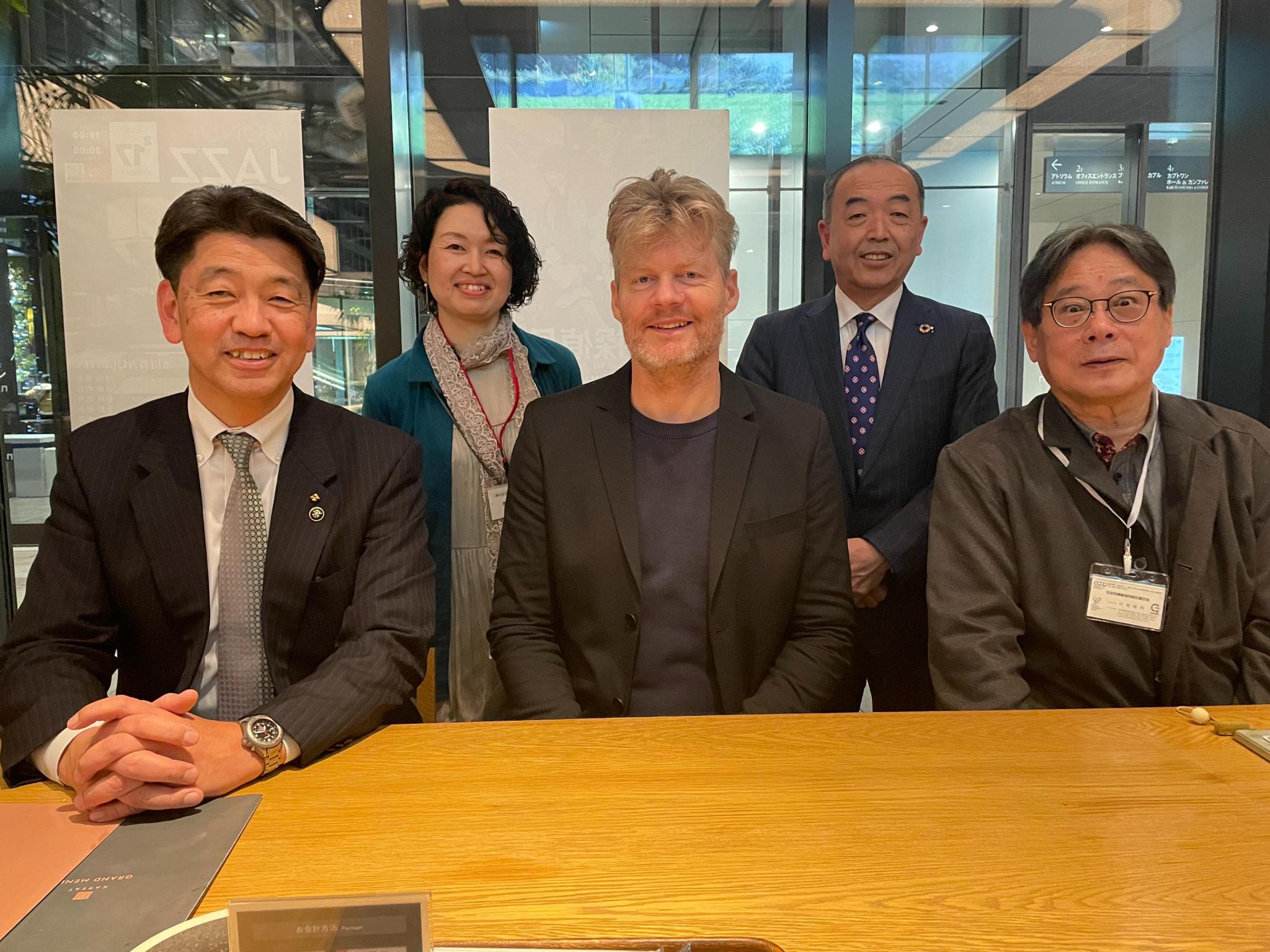
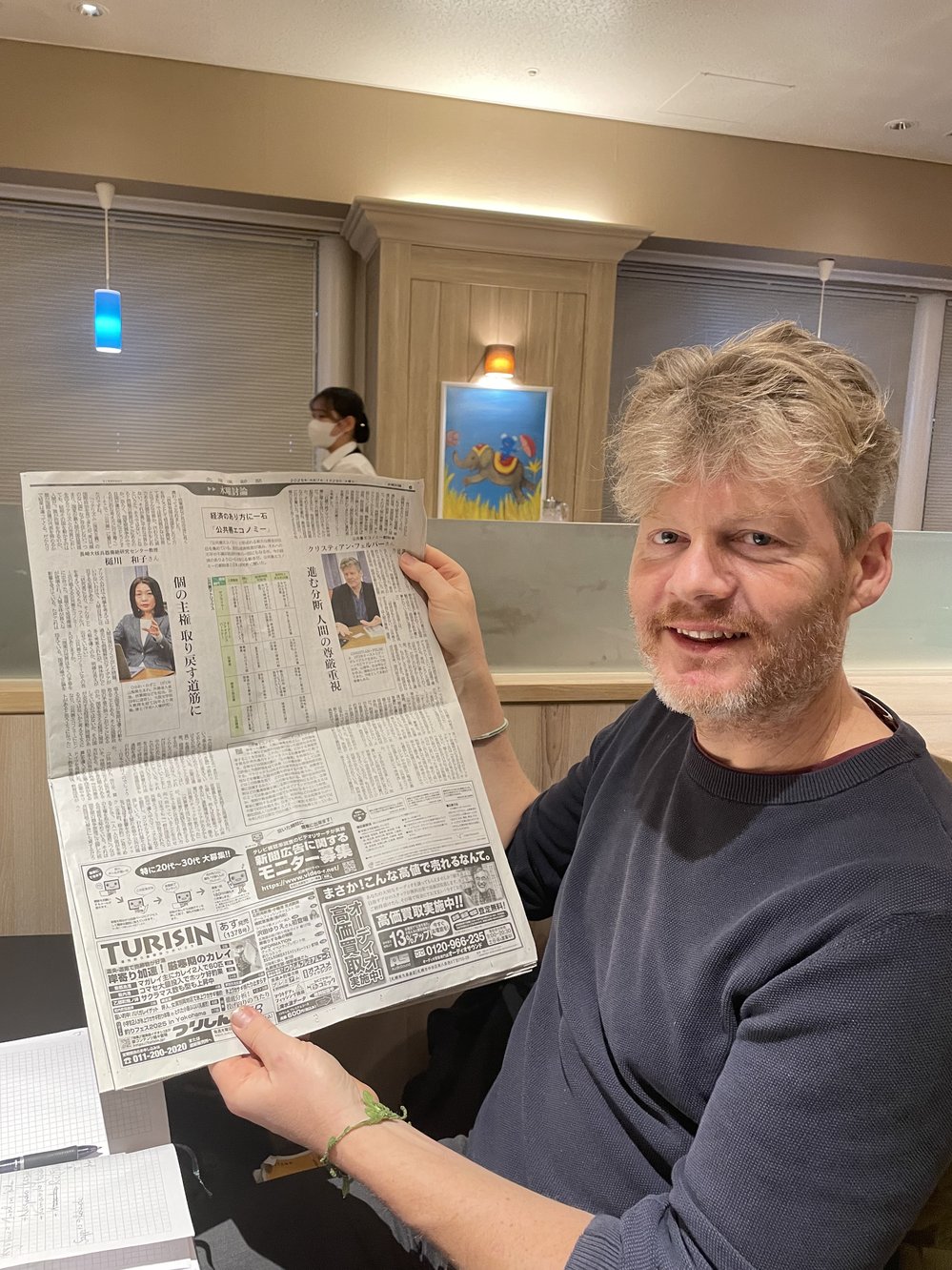
Leave A Comment